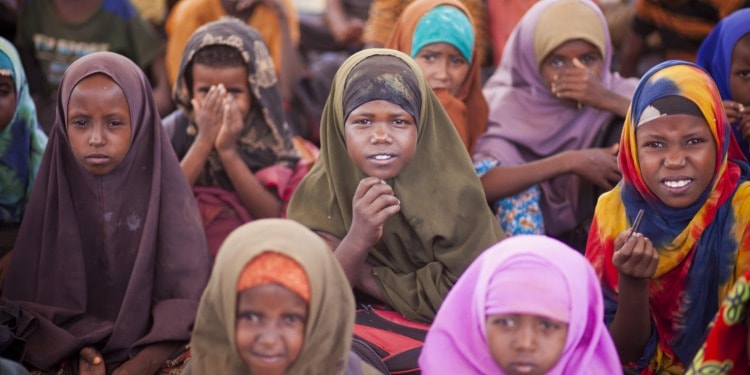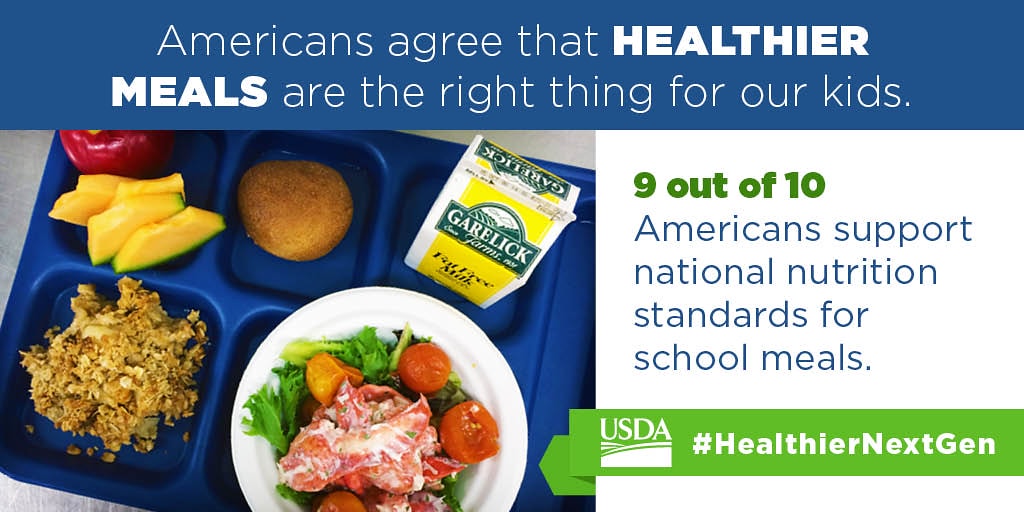The views expressed in this article are those of the author and do not necessarily reflect the views of the Committee on World Food Security (CFS).
Women and girls in all regions of the world are disproportionately affected by the ongoing unprecedented global food security crisis triggered by the COVID-19 pandemic, escalating conflicts and climate extremes. This is a dire consequence of existing gender inequalities and social and economic discrimination, which result in a higher prevalence of hunger, malnutrition, and food insecurity among women and girls.
Women’s ability to play their essential roles in food systems — from production to processing, marketing, distribution and consumption — is also severely hampered to the detriment of the food security and nutrition of their households and communities.
Achieving gender equality and closing the gaps between women and men in accessing adequate food, health services, education and training, labour market and decent jobs, finance and other services, and natural and productive resources is critical to addressing food security and nutrition, which is now a top priority on the international agenda.
The presence of women in leadership positions is frequently advocated as part of public policy to address gender inequality. But are women in the driving seats making different decisions than men? Do they set up a different policy agenda that accelerates gender equality, with positive results for food security and nutrition?
Higher participation of women in decision-making and leadership is generally supported by case studies and anecdotal evidence. A recent book by Paola Profeta, “Gender Equality and Public Policy: Measuring Progress in Europe,” provides compelling evidence across countries that women leaders do shape public policy. While the book focuses primarily on developed countries, it also provides evidence in developing countries.
The author first analyses whether gender influences views of politicians on general topics (economy, rights, environment, women’s issues, migration, etc.), based on a large survey of candidates running for parliamentary seats in more than twenty countries in different elections between 2005 and 2016. The author finds that women and men have different policy agendas, independent of their political orientation. Women are more open to social issues, including migration, rights and the protection of the environment, and are less inclined towards military intervention and expenditures.
Related Articles: Women in the Kitchen: Underrepresented and Silenced | In War, Women and Girls Pay the Highest Price; the Ukraine War Is No Different | Extreme Hunger Rises by 123% in Worst-Affected Climate Hotspots | 5 Lessons for Securing Women’s Collective Land Rights
The author then investigates whether the share of women in parliaments was correlated with different categories of public expenditure, using aggregated country-level datasets. She finds that a higher proportion of women in parliament was associated with higher allocations to some categories of public expenditures that are more oriented toward women’s needs.
Women leaders were particularly attentive to issues that disproportionately affect women, and which were often not prioritized by men, such as childcare, education and family expense, creating a favourable environment for promoting gender equality, even when gender equality was not an objective per se.
The impact of women leadership was more pronounced in developing countries than in developed countries.
This confirms that a better balance between women and men in leadership positions is not only a question of principle, enshrining equal rights for women and men, it also influences the direction of public policies, enriches the debate with more perspectives and offers valuable insights and solutions, accelerating progress on gender equality.
Increasing women representation in leadership must be part of all public policy to ensure women and girls around the world have access to the same resources, benefits, and opportunities as men. Gender equality is essential to achieving food security and nutrition for all but also to poverty reduction, economic growth, social wellbeing, sustainable management of natural resources, climate change adaptation and mitigation, and the protection and conservation of ecosystems and biodiversity.
Gender equality is critical to the achievement of all the Sustainable Development Goals of the UN 2030 Agenda.
It is worth noting that, although there has been global progress towards gender equality in recent decades, the UN Gender Inequality Index shows that it has been dishearteningly slow, and that it has recently slowed and even reversed in some countries.
In 2018, the World Economic Forum claimed that, given the current rate of reduction of economic gender gaps, it would take 202 years to close the gaps. And it could now take longer given slowing progress recently.
Women continue to be poorly represented in leadership positions in most parliaments as well as in global food systems organizations and governance mechanisms at all levels, as evidenced by the Global Food 50/50 Report, Hungry for Gender Equality issued by IFPRI and UN Women in 2022. Accelerating the full, equal and meaningful participation of women in decision-making and leadership across all regions must be part of a strategy to improve gender equality and address the current global food security crisis.
The UN Committee on World Food Security (CFS) is developing “Voluntary Guidelines on Gender Equality and Women’s and Girls’ Empowerment in the Context of Food Security and Nutrition” to support member countries and other stakeholders to advance gender equality, women and girls’ rights, empowerment and leadership, as part of their efforts to eradicate hunger, food insecurity and all forms of malnutrition.
The Guidelines will provide policy recommendations to address all main sources of gender inequalities and discrimination, including gender-based violence and share of unpaid care and domestic work.
Editor’s Note: The opinions expressed here by the authors are their own, not those of Impakter.com — In the Featured Photo: Young Somalian girls receive food and water packages from the UN in Ethiopia’s Buramino Camp. Featured Photo Credit: EU Civil Protection and Humanitarian Aid.













